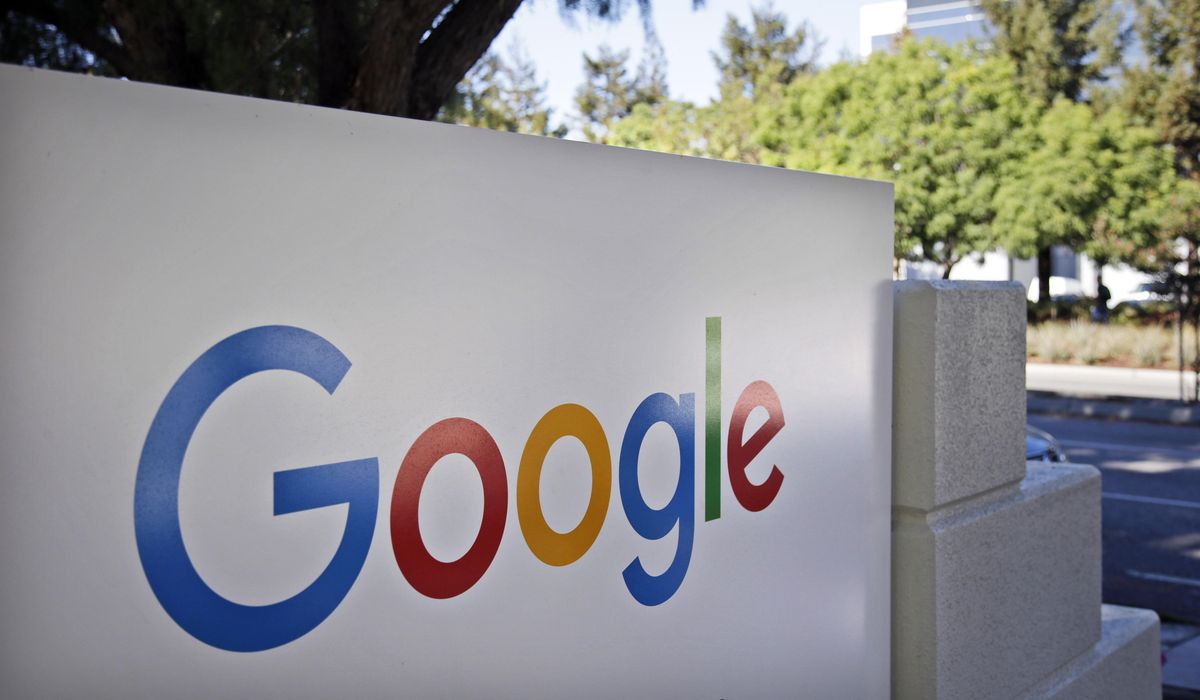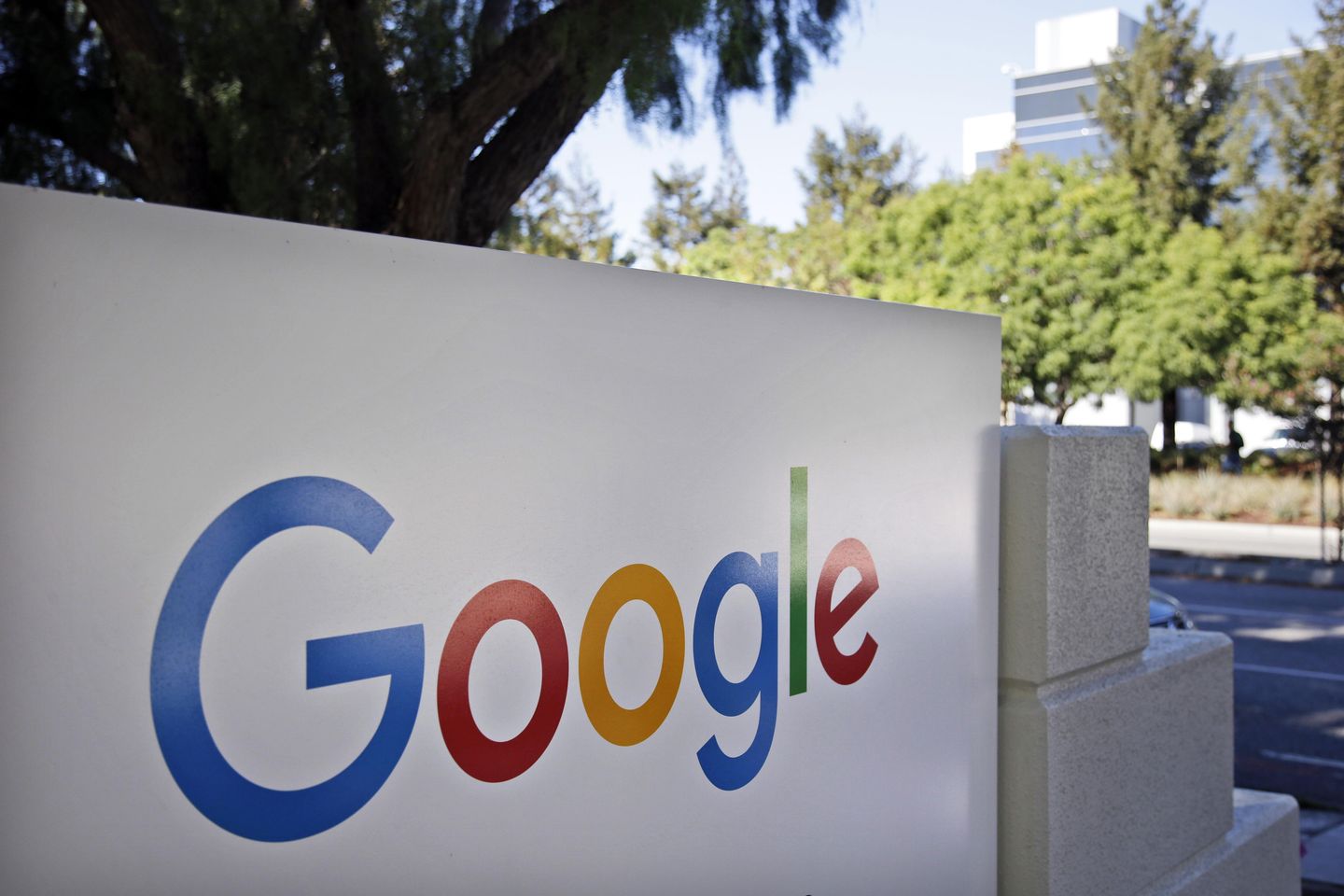Big Tech layoffs reduce minority hires, deem affirmative-action push as costly goal during inflation


From Amazon to Walmart, hundreds of corporations have started eliminating diversity, equity and inclusion positions as inflation makes affirmative-action hiring a costly goal.
Big Tech layoffs have fueled a 33% turnover rate for DEI employees, compared to 21% for non-DEI positions, a recent study from Revelio Labs found. The workforce data agency’s report is among several showing sudden cuts in corporate affirmative action programs less than three years after racial justice protests prompted them to surge.
“Many corporations felt obligated to do something post-George Floyd when companies were making bold statements about their commitment to diversity,” Tyrone C. Howard, a UCLA education professor specializing in racial equity, told The Washington Times. “But these positions were precarious from the start, with little security, direction and resources.”
Over the past six months, more than 300 DEI professionals departed companies that conducted mass layoffs to cope with a slowing economy, the Revelio study found. Amazon, Twitter and Nike shed five to 16 DEI professionals each.
The departures “likely amount to the exodus of entire diversity teams” at some companies, Revelio said.
Another factor: The growing number of states that have moved to ban DEI training in the public sector.
“Companies do not want to be accused of being part of the woke culture,” Mr. Howard said in an email.
“I think a lot of the credit for this phenomenon should go to [Gov. Ron] DeSantis of Florida, [Gov. Greg] Abbott of Texas and to the Republican-dominated statehouses of about 15 other states who have come out against DEI,” added Walter Block, an economist who teaches at Loyola University New Orleans.
None of the companies cited in the Revelio study responded immediately to a request for comment.
Their silence about reducing DEI positions is unsurprising in the current political and economic climate, said Michael Warder, a California-based business and nonprofit consultant.
“As DEI terminations become publicly known, those companies may be subject to protests at shareholder meetings as well as street demonstrations. These possibilities must have been taken into consideration when corporations analyzed the value proposition of terminating DEI employees,” Mr. Warder, a former vice chancellor at Pepperdine University, said in an email.
As corporations lay off DEI workers, the percentage of minorities they hire has likewise dropped.
Revelio found diverse hiring fell by 7.13% over the past six months at TripAdvisor, the company with the sharpest decline. The next-steepest were a 5.81% drop in minority hiring at Glassdoor, a 4.16% decrease at Wells Fargo and a 3.35% decline at American Airlines over the same period.
At Walmart, the share of people of color among new hires fell by 3.15%.
The DEI cuts signal a return to color-blind hiring, according to conservative shareholder activists who presented unsuccessful proposals against corporate affirmative action at dozens of board meetings last year.
“Public corporations are finally realizing, as tough times take hold, that DEI positions are luxuries, and destructive luxuries at that,” said Paul Chesser, director of the National Legal and Policy Center’s Corporate Integrity Project, which buys shares in companies. “Hiring quotas and ‘cancel culture’ are two of the tools in the toolboxes with which race baiters and gender activists seek to tear apart the fabric of companies, extracting concessions and contributions to their groups while productivity suffers.”
Companies in most industries expanded their DEI teams to boost minority hiring after mass protests against George Floyd’s murder erupted nationwide in the summer of 2020. That surge sparked similar increases in college and corporate training programs for DEI roles.
Last year’s fourth most-trending career was “experts in workplace diversity,” software giant Adobe found in a survey of 750 people hired in the previous three years and an analysis of the latest job postings on the career website LinkedIn. That included diversity officers, managers and coordinators.
U.S. companies spent $9.3 billion on DEI programming last year, according to consulting firm StrategyR, and economists had estimated this number would grow to $15.4 billion by 2026.
But inflation and the threat of a recession now make it unlikely that growth will happen, said Andrew Crapuchettes, CEO of Idaho-based recruitment agency Red Balloon.
“All the virtue signaling in the world cannot forestall the economic realities of a slowing economy,” Mr. Crapuchettes said. “In a time when bloated big tech companies must make budget decisions, it’s no surprise that divisive and polarizing DEI programs are under scrutiny.”
Listings for DEI jobs have decreased by 19% since last year, a steeper decline than human resources or legal jobs, LinkedIn reported last month.
That’s partly because DEI jobs eat into corporate profits rather than add to them, according to shareholder-activists at the National Center for Public Policy Research, another conservative group.
“DEI salaries are paid to workers who work to ensure that hiring and promotion occurs on grounds other than merit,” Scott Shepard, director of the NCPPR’s Free Enterprise Project, said in an email. “As a result, exactly when DEI employees are successful, they cost the company because hiring on grounds other than merit and success will always reduce productivity.”
[ad_2]
Share this news on your Fb,Twitter and Whatsapp
Times News Network:Latest News Headlines
Times News Network||Health||New York||USA News||Technology||World News